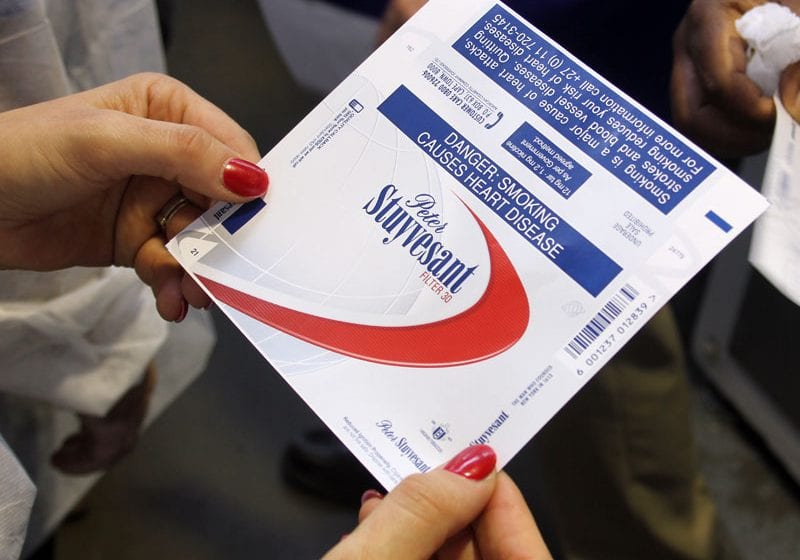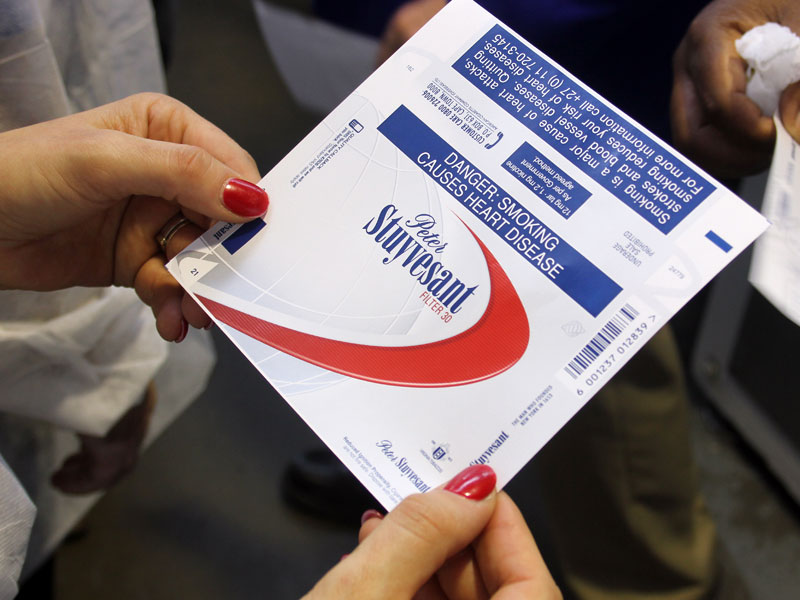Other risks
The EU aligns with the FDA also on smoking initiation among young people. One of the EU’s original justifications for the ban cited scientific studies that have shown that flavors such as menthol facilitate inhalation and may play a role in smoking initiation. I would have thought scientific studies that purport to show that something may be the case should be binned, but, having said that, I am ready to believe that it is possible that menthol does aid smoking uptake by the young. However, there are laws to prevent the sale of all types of cigarettes to these people, and it seems unbalanced to spoil the enjoyment only of adult smokers of menthol cigarettes because the authorities in the EU’s member states are failing to enforce laws that apply to all cigarettes, especially given the fragility of the scientific studies referred to above.
After all, the EU seems not to take issue with another product that has been linked with cancer and that young people consume—the younger ones at the behest of adults. In fact, according to the headline above another story that appeared in the same newspaper as Devlin’s report, the EU has been under attack for spending more than €200 million ($225.78 million) on the promotion of meat. As writer Daniel Boffey points out in his piece, “Scientists have provided evidence of a link between cancer and diets involving pork, beef and lamb products.”
And how those extraterrestrials must be laughing. Boffey points out too that the livestock sector is responsible for about 14.5 percent of human-derived greenhouse gas emissions. How can it be in the interests of young people for the EU to spend millions of euro promoting something that is linked with cancer and that is helping to flush the environment down the toilet? It is young people, not older adults, who are going to have to settle, at best, for a life squatting on the toilet’s event horizon.
But it isn’t really about the young, is it? How can we have the temerity to maintain, against all the evidence, that we want to protect young people? And I’m not talking only of governments here, I’m calling out ordinary people. One example. In my country, the U.K., voters have recently given a huge parliamentary majority to a party that, during the past 10 years, has overseen a big increase in child poverty and that will almost certainly cause more such poverty during the next five years—a party led by a person who many commentators say is unable or unwilling to account for how many children he has. Elsewhere, the abuse of children in the U.K. is accepted to the point that those in authority often look the other way, and it is even “celebrated” in one of our poetic forms, the limerick. I don’t know what became of the young chaplain from Kings, but some of the leaders of his church sit, by right, in our second chamber, the House of Lords; I presume, to provide us with spiritual guidance. This is way beyond irony.
I would not argue that the EU should concentrate on nothing but the environment. But it should certainly take off the table any nonessentials and put all available hands to the environment pump. The climate crisis is not a future event. It is already upon us.
By comparison, the menthol-cigarette ban is pure faff. I presume that it has been devised by people who haven’t moved against gooseberry and elderflower wine because most of them consume alcohol. They want to put a stop to a pleasure that they cannot understand. You can see this in the rules about roll-your-own tobacco. Allowing the sale of menthol papers and tips as separate items but not in conjunction with tobacco seems to be aimed at inconveniencing smokers. The EU’s bureaucrats should be put to work on critical projects. Announcing the European Green Deal is all well and good but, from what I read, making it work is going to be a huge challenge. The carbon scammers will already be jostling for position.






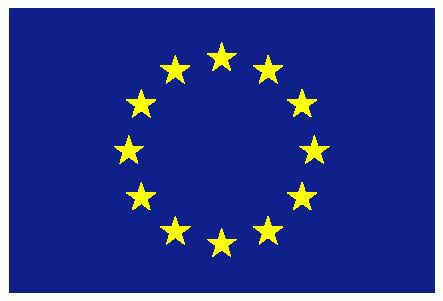
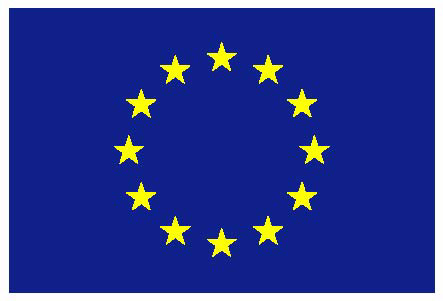

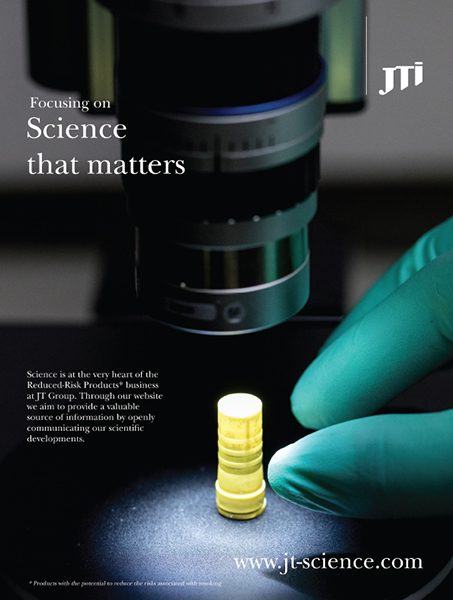
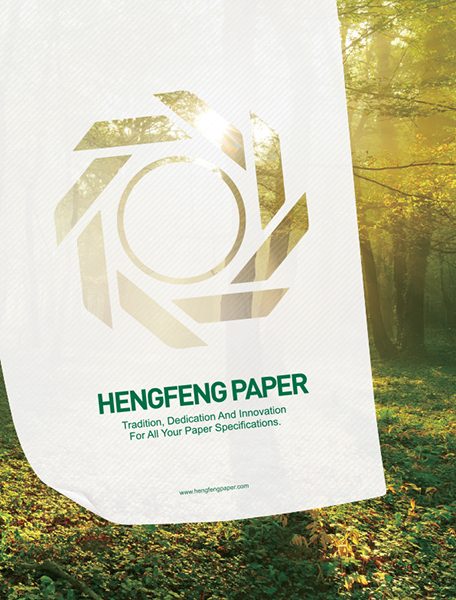




 Altria has sent a letter to the U.S. Food and Drug Administration (FDA) requesting that the agency push back the May 12 authorization deadline by eight weeks due to the coronavirus outbreak.
Altria has sent a letter to the U.S. Food and Drug Administration (FDA) requesting that the agency push back the May 12 authorization deadline by eight weeks due to the coronavirus outbreak.
